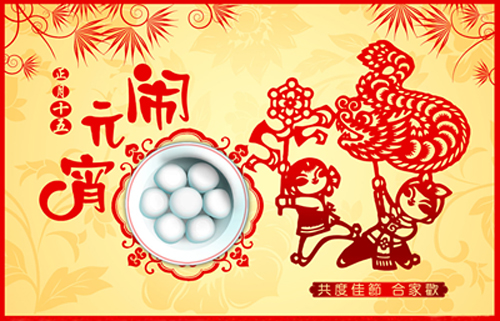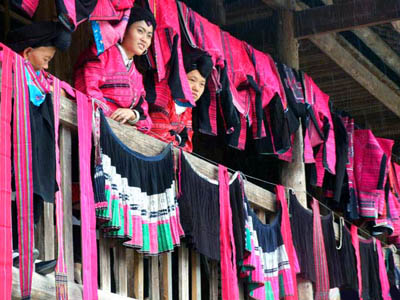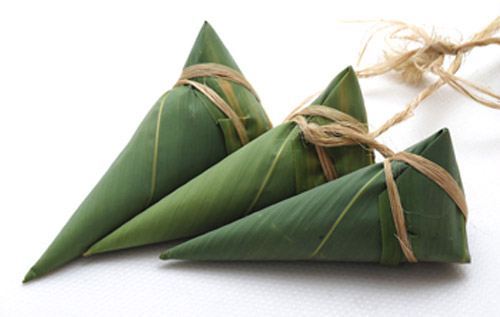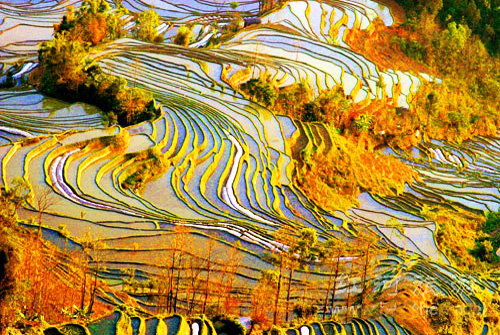VOC's Travel BLOG
Our Travel Blog is the place to share our real life, travel experiences in China with you. Besides, we will provide information related to Chinese culture and China travel guide. "A bosom friend afar brings a distant land near." Traveling makes us to be closer, let's discover China together!
All
China travel Guide(228)
China Food(38)
Life in Guilin(48)
Working at VisitOurChina(24)
Cultures(40)
News(12)
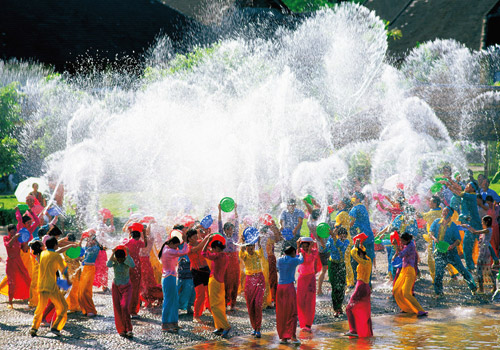
The Tibetan New Year is the most important festival in a year for Tibetan people. The formal celebration starts from the first day of the first month in Tibetan calendar and lasts for 15 days, but preparations are usually made one month early. As a way of welcoming the New Year, all the men and boys have to have their head shaved, correspondingly, women and girls will wash and comb their hair. An overall house cleaning is always needed before the festival, but the cleaning of ceiling and chimney should be done on auspicious days such as the dates of 3, 5, 7, 9, etc.

After one months cold and rainy days in Guilin, the weather turns to fine with bright sunshine finally during the Chinese New Year. According to Chinese, it is a propitious omen for a smooth and prosperous new year. Traditionally, in Guilin on the first day of Chinese lunar year, people go out to the streets or in parks instead of staying at home; the way Guilin people put it, to walk for a wealth and good fortunes.
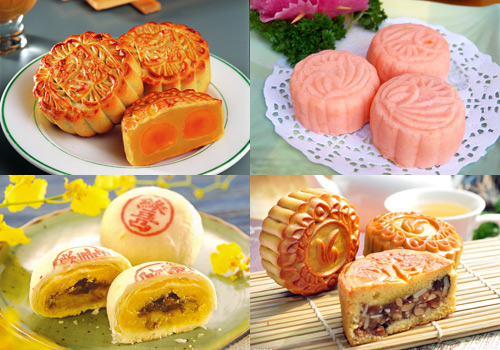
The hot summer has faded away with the ending of August, cool breeze in the early morning just implies the arrival of autumn, the time for people to look forward to the Mid-autumn Festival (中秋节, Zhongqiu Festival in Chinese), the only grand traditional festival of Chinese in the second half of the year, and after which just following the popular outing season with the pleasant climate in the autumn prime.
Happy Lantern Festival !
2011-02-16 | Cultures
Tomb Sweeping Day/Qingming Festival of China
2010-04-02 | Cultures
According to Chinese culture, Qingming Festival (known as Tomb Sweeping Day) is both a Chinese solar term and a festival which falls on the 105th day after the Winter solstice. It is said that Chinese traditional Qingming Festival originated...



